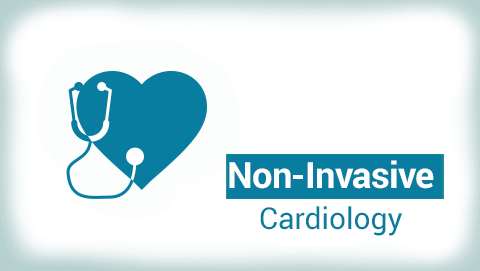- Emergency Number
- +91-97832-25511
- 01509 225511

There are many types of cardiologists, who specialize in certain technologies, procedures and areas of expertise. There are two main types of cardiologists: invasive and non-invasive.
A non-invasive cardiologist attends medical school and completes a three year residency and additional three or more years of fellowship training. Cardiologists are not surgeons, and non-invasive cardiologists primarily see patients in an attempt to prevent and manage heart problems through medications and lifestyle changes. The average non-invasive cardiologist sees close to 30 patients a day, and that varies depending on whether they run their own practice or work at a hospital.
These cardiologists perform several diagnostic tests on the heart to measure one’s heart health. If a patient does have a heart issue that can be managed by a change in lifestyle or medication, the cardiologist will prescribe a course of action and monitor the patient’s progress. However if the patient requires a heart procedure, the non-invasive cardiologist will refer him or her to another physician.
The tests this doctor performs include an echocardiogram (an imaging procedure used to measure the heart’s function), stress tests to measure the heart’s health, and an EKG (electrocardiogram), a test to measure the electrical activity level of the heart over a short period of time. The non-invasive cardiologist can now improve the accuracy of the echocardiogram by injecting a safe non-radioactive contrast through an intravenous, using 3-Dimensional imaging and also by doing the echocardiogram together with a stress test. Nuclear scans are used to diagnose heart artery blockages and involve taking close up images of the heart using a high-tech camera after the patient is injected with a safe radioactive dye.